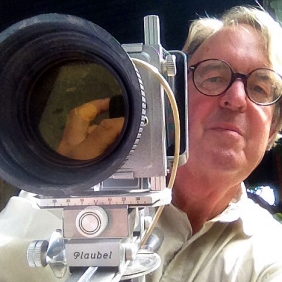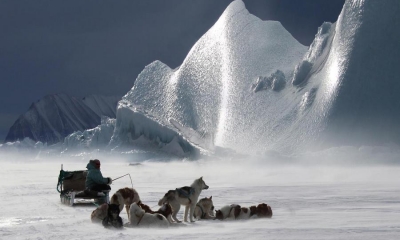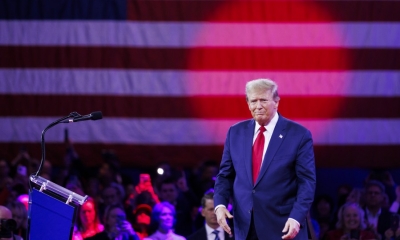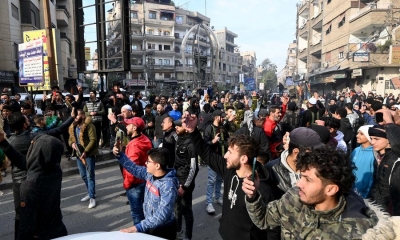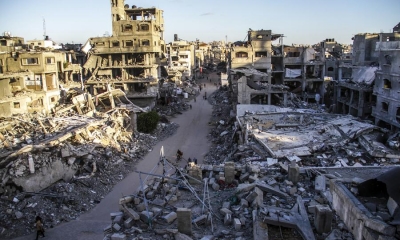The World Crisis, Pipelines, and a Bridge Too Far
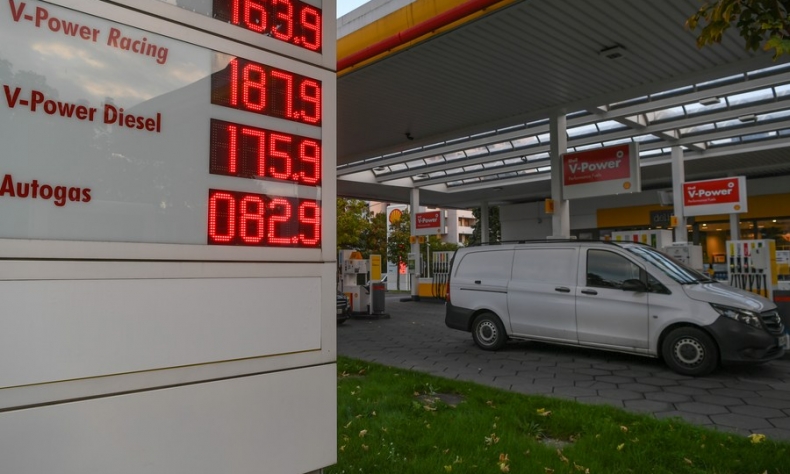
This war must not be allowed to spiral out of control into a general European war or another tragic world war.
The Ukraine war is but a part of the larger world crisis involving financial instability, energy, food, and supply chains. The West’s geopolitical war against Russia involves not only the use of Ukraine as a proxy but also economic, political, diplomatic, and information warfare.
The food and supply chain issues are well known these days while the “hurricane” of financial instability, as Jamie Dimon of JP Morgan calls it, has yet to hit. When the hurricane does hit in full force, as some analysts believe it will in 2023, the impact will be severe and lead to a potential decade long recession if not depression, some concerned analysts say.
Pipeline wars
Pipeline issues have been less known but the spectacular sabotage of the two Nord Stream pipelines focused international attention on this strategic issue.
The sabotage of Russia’s Kerch strait bridge in Crimea next occurred on the heels of the Nord Stream pipeline sabotage in the Baltic Sea in a one-two punch. While investigations are underway to determine the perpetrators, it is not difficult to surmise that NATO and the Ukraine were involved. It was revealed subsequently that the Turkstream pipeline across the Black Sea and the Druzhba pipeline across Poland were also targets of sabotage.
The pipeline war is nothing new. It has appeared in different forms in the Middle East since the World War I era. After World War II, the pipeline issue became an essential part of the geopolitics of the Cold War amidst much intrigue in the Middle East. The U.S. and West needed hydrocarbons while at the same time had the objective of denying the influence of the Soviet Union in the Middle East.
Fast forward to the administration of Bill Clinton in the United States during the 1990s and note the pipeline politics back then. Washington’s geopolitical objective was to promote pipelines that would compete with and be an alternative to the preexisting pipeline network from the Soviet era linked to Europe. U.S. diplomacy went into overdrive to advance the Baku-Ceyhan pipeline running from Azerbaijan to Turkey which route avoided Russian territory.
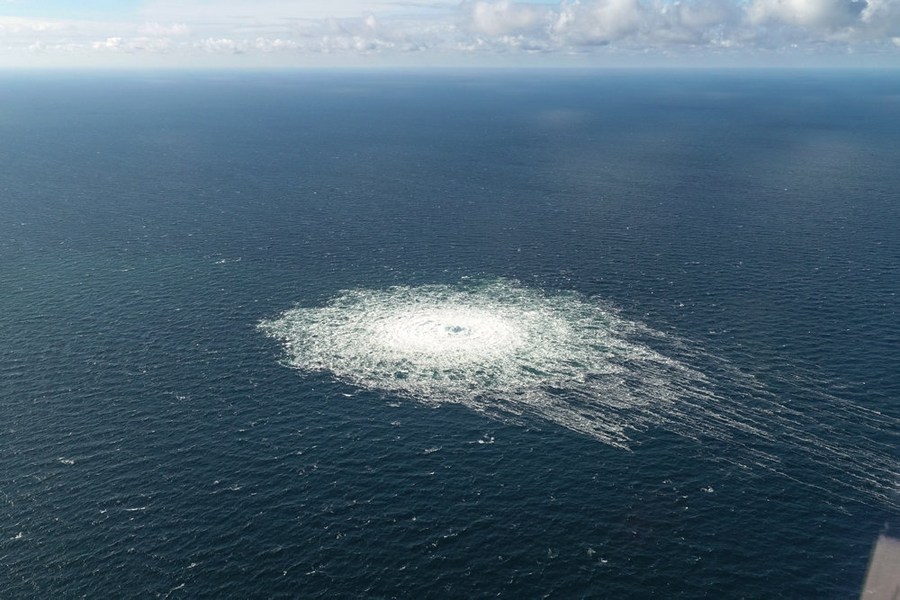
So here we are today, three decades later, in the midst of another phase of the West’s pipeline war against Russia.
The sabotage of the Nord Stream 1 and 2 pipelines caused Russia to rethink and redesign its pipeline operations and infrastructure. Today, Moscow holds open the door to Nord Stream reopening but is reorienting significantly its attention to eastern rather than to European markets. Additionally, President Vladimir Putin just proposed to Turkey a significant new project to create a major energy hub in Turkey involving Russian hydrocarbons.
It would appear that Russia will be able to surmount the West’s pipeline war. Given higher global prices for hydrocarbons, Russian earnings have risen despite the reduced volumes it has sold. At the same time, Europe has jeopardized its own wellbeing and economic future by participating in Washington’s reckless and unnecessary pipeline war. Geopolitically, Russia is the present winner not Europe and the West.
Bridge sabotage and military situation
What are the implications of the sabotage of the Kerch strait bridge in the Crimea?
While the bridge suffered damage it is operating as noted earlier. The consequences, however, are significant in terms of the war in Ukraine.
Russia is forced to respond to the bridge attack and appears to have chosen this event to escalate its military campaign. The attack caused increased support for the war in Russian public opinion and thus increased internal unity and mobilization efforts.
It is difficult to assess the military situation in Ukraine. As the old saying goes, “Truth is the first casualty in war.” However, the basic facts on the ground show that, so far, Russia has gained about 18 percent of the former territory of Ukraine with the accession of the Donbass region to Russia.
This territorial fait accompli, as that previously of Crimea, will not change. It is not likely that a general European war launched by NATO or that a world war will change this new fact of history. For Russia it is existential, as its leadership has made very clear by word and by deed.
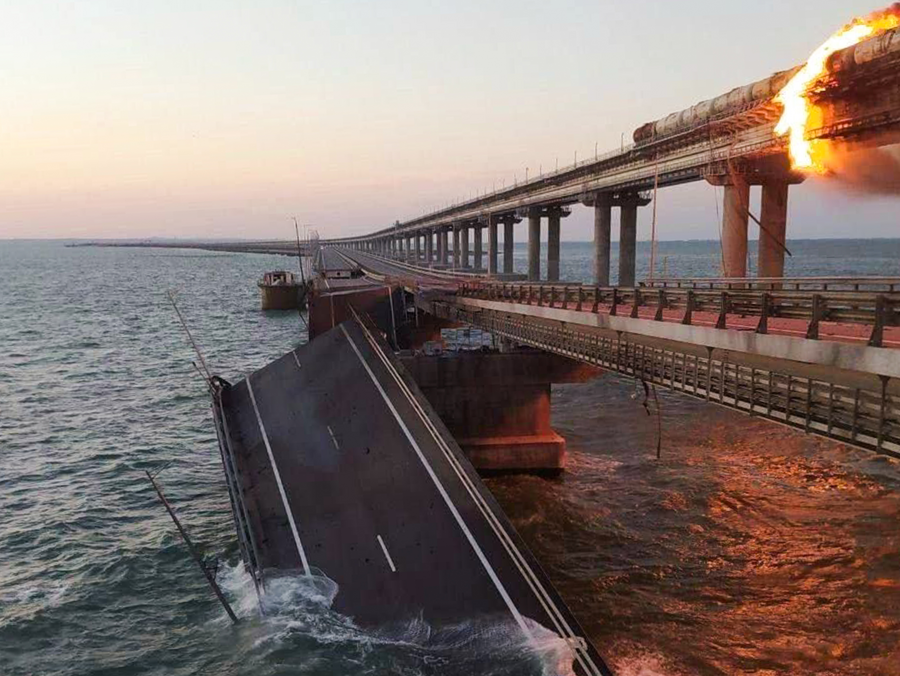
Assessing the Ukraine war situation is difficult given that the entire Western mainstream media supports the information war against Russia. Western readers have great difficulty in gaining a realistic understanding of the situation. This is, of course, what Washington and NATO want because information operations are part and parcel of Western military strategy and combined operations. Russia, naturally, will want to portray its operations in the best light possible.
There are, however, independent Western reporters in Ukraine in Donbas area. These include U.S., French, German, Italian, and Spanish reporters. They report on various websites and through their blogs. Their perspectives give a quite different picture than the mainstream Western media.
Western information warfare
So it is possible to get alternative views and insights. However, there is massive pressure applied to censor honest and objective news reporting not only in the Western mainstream press but also in a number of prominent Silicon Valley social media websites such as Facebook and Twitter. A vast infrastructure for Western information warfare was created in recent years. The present regime in Ukraine was fully integrated into this Western information warfare infrastructure.
Western information warfare presents the international community with a serious challenge to peace and development. Over the years since World War I, Western strategists have developed a number of theories and practices regarding “propaganda”.
During the interwar period, new methods of propaganda were developed with the rise of the field of psychology. Nazi propaganda and Japanese militarist propaganda developed into “psychological” warfare as it did also for the Allies. After World War II, during the Cold War, intense propaganda spread worldwide through the radio and television.
In recent times, a more extensive and intensive approach to propaganda developed in the West. In the first phase, it was termed “perception management”. In the last few years, NATO has undertaken much research into what it now calls the practice of “cognitive warfare”.
Is it any wonder that trying to understand the Ukraine war and other world developments is not an easy task for the average concerned citizen?
What can be discerned is that the sabotage of the Nord Stream pipelines and the Kerch strait bridge produced an escalation of Russian military activity in Ukraine. This seems to indicate a new phase in the war. This escalation, so far, is marked by a stepped-up air campaign against Ukraine infrastructure and military targets.
The destruction of energy-related infrastructure means that Ukrainian military logistics are interrupted and made much more difficult for Kiev. This is because railroads there operate mostly by electricity. So when the power plants and substations are destroyed, nothing moves by rail. Repairing such infrastructure is not an easy matter nor can it be done quickly.
Most all analysts published in the Western mainstream media have from the beginning of the war promoted the information warfare lie that Ukraine is “winning”. But the reality is that Russia now controls some 18 percent of former Ukraine territory.
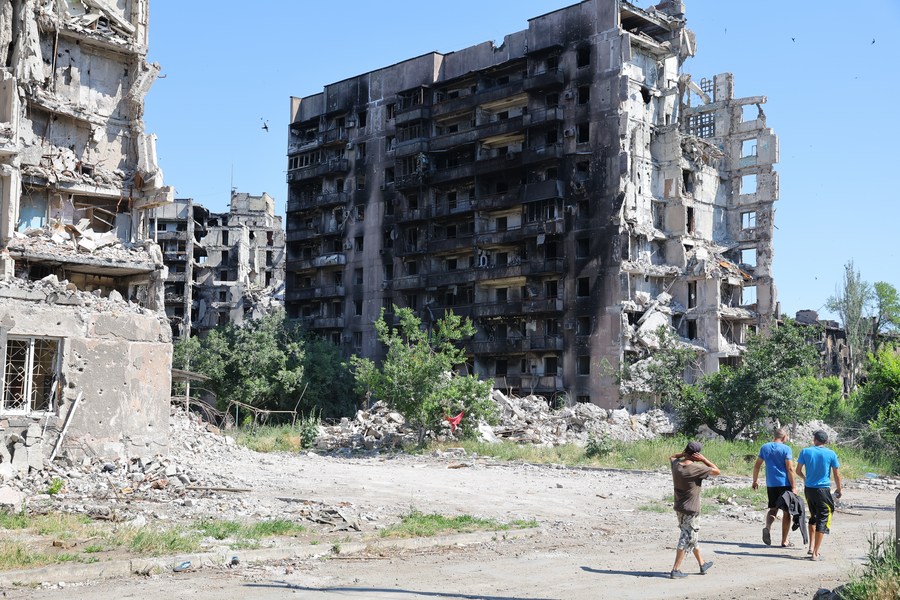
What lies ahead?
Some independent analysts believe that this new phase of the war triggered by the spectacular Western sabotage operations is a preparation for large-scale Russian military movements. They argue that the air campaign by suppressing Ukrainian air assets, anti-air assets, and infrastructure sets the stage for this new phase.
They say that the timing for a potential massive movement of Russian forces westward to take the Nikolayev and Odessa regions could be in the coming winter. This is because the ground is frozen, which facilitates movement and so equipment and materiel will not get bogged down in the mud from the seasonal fall and spring rains.
The present mobilization of 300,000 Russians with prior military experience will certainly have an impact on the battlefield. But the actual number of new Russian troops may be higher as it is said that an additional 70,000 Russian citizens have volunteered for service and the overall number may well rise further.
Whether Russia plans to make a massive move westward or to consolidate its present position remains to be seen. Both are possible.
No matter what possible scenarios the future holds, however, it is clearly time for diplomacy to bring the war to an eventual conclusion and settlement. The hopeful diplomatic process earlier this year reportedly was crushed by the direct intervention of the United Kingdom involving Boris Johnson’s trip to Ukraine in April.
Diplomacy and a negotiated settlement must be undertaken in the interest of world peace. This war must not be allowed to spiral out of control into a general European war or another tragic world war.
The article reflects the author’s opinions, and not necessarily the views of China Focus.
 Facebook
Facebook
 Twitter
Twitter
 Linkedin
Linkedin
 Google +
Google +



